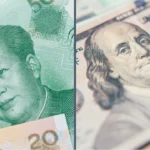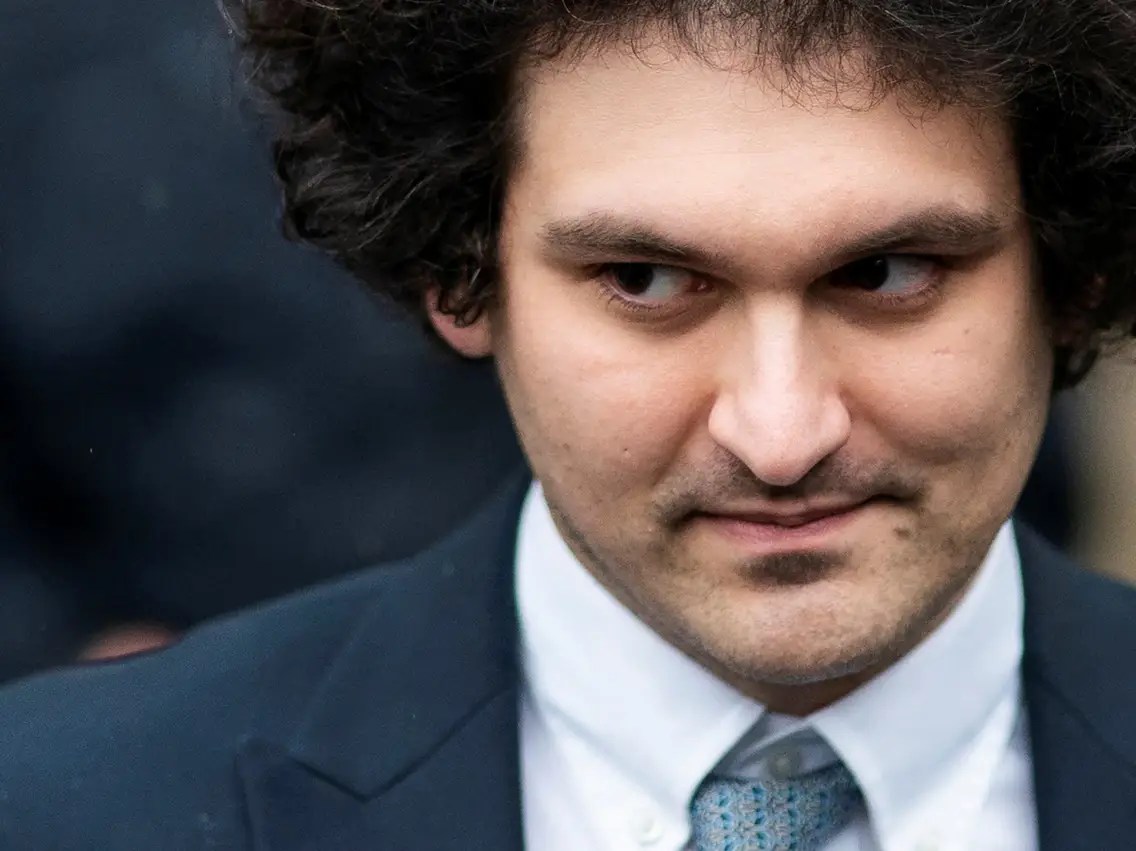After being found guilty of fraud and conspiracy in November, former CEO of the now-defunct crypto exchange FTX, Sam Bankman-Fried, has appealed seeking a fresh trial.
His legal team contends that Lewis Kaplan, the presiding judge, was biased and that the narrative of the case was mostly against him. Currently serving a 25-year jail sentence, Bankman- Fried argues he did not act illegally and that the evidence offered during the trial was unfairly constrained.
Claims Of Judicial Bias
Bankman-Fried’s lawyers, in their appeal to the 2nd US Circuit Court of Appeals, said Judge Kaplan was favoring the prosecution, and with that, he was compromising the fairness of the trial. They even called it a “sentence first, verdict afterwards”-type scenario, where the judge rushed the jury toward a verdict without allowing ample time for careful consideration of the facts.
The defense attorneys, however, argue that Kaplan worked to create a prejudicial atmosphere which warped the perspective of the jury, at times berating defense counsel and exhibiting incredulity toward the testimony of Sam Bankman-Fried.
The appeal further emphasizes how the narrative of Bankman-Fried’s activities has evolved since the trial. His legal team asserts that evidence has emerged suggesting that FTX was not insolvent at the time of its collapse and that it had substantial assets available to repay customers.
They contend that insufficient thought was given this new material during the trial, which resulted in an unfair conviction based on a “false narrative” portraying Bankman-Fried as a thief.
The Fallout From FTX Collapse
The collapse of FTX in late 2022 rocked the crypto market and resulted in a surge of consumer withdrawals that resulted to the company’s insolvency. Prosecutors charged Bankman-Fried with planning a scheme to pilfer billions of dollars from consumer accounts to cover ostentatious political donations and personal spending.
Following a month-long trial that attracted public interest, the jury decided he was guilty on several offenses, including fraud and money laundering.
Comparisons have been drawn between his case and some of the biggest financial frauds in American history. Key witnesses at the trial for the prosecution included former associates who had turned against him, including Caroline Ellison, ex-chief executive of Alameda Research.
The repercussions from FTX’s bankruptcy is still huge as the court battles go on; continuous litigation and regulatory scrutiny influence the whole bitcoin scene.
A Long Journey Ahead
The appeal procedure is supposed to be drawn out and difficult. Arguing that the initial trial was essentially defective, Bankman-Fried’s legal team is advocating a retrial with an other judge.
Overturning a federal conviction is famously tough, though, and historical records reveal that less than 10% of such appeals are granted.
Featured image from Eduardo Munoz/Reuters, chart from TradingView
The post One More Round: Sam Bankman-Fried Seeks New Trial After FTX Fraud Ruling appeared first on Bitcoinist.











